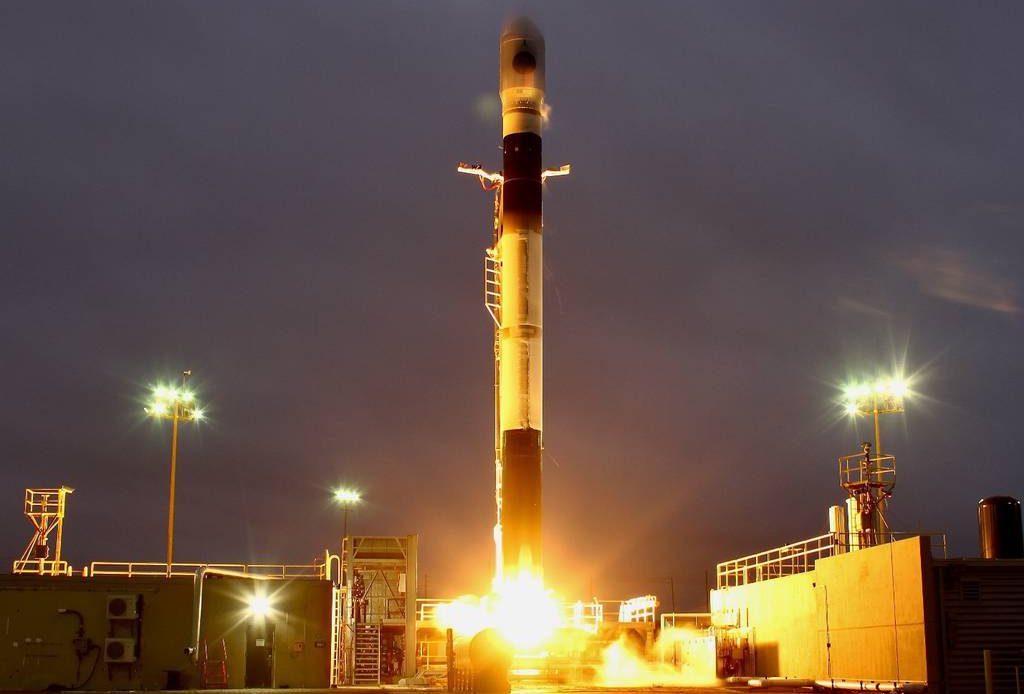
Lockheed Martin selected Firefly Aerospace’s Alpha rocket to fly as many as 25 missions for the defense contractor through 2029.
The deal, announced June 5, commits Lockheed to 15 launch reservations and up to 10 optional missions.
“The Firefly team has scaled up Alpha production and testing and significantly streamlined our launch operations to fly Alpha more frequently and responsively,” Firefly CEO Bill Weber said in a statement. “This allows us to continue delivering the one metric ton rocket the industry is demanding.”
The Texas-based launch company set records for the U.S. Space Force in September 2023 when its Alpha vehicle launched a mission within 27 hours of receiving orders. Part of a broader Tactically Responsive Space program, the effort demonstrated the ability to rapidly buy, build integrate and launch a satellite.
Under the agreement with Lockheed, Firefly will launch Alpha, which is designed to carry payloads that weigh up to 1,030 kg, from its facilities on the East and West Coast. The first mission, another responsive space effort, will fly later this year from Vandenberg Space Force Base in California. The company will transport, mate and complete final launch operations on rapid timelines.
Bob Behnken, director of Lockheed’s Ignite Technology Acceleration organization, said the partnership with Firefly is a direct response to the Defense Department and other customers who have asked for faster deliveries of advanced space capabilities.
“This agreement with Firefly further diversifies our access to space, allowing us to continue quickly flight demonstrating the cutting-edge technology we are developing for them, as well as enabling our continued exploration of tactical and responsive space solutions,” he said in a statement.
The two companies previously teamed up for a responsive launch last December. During the mission, Alpha carried an electronically steerable antenna payload built by Lockheed to low Earth orbit, about 1,200 miles above the planet. The sensor was designed to demonstrate faster in-orbit calibration.
However, the rocket experienced an anomaly during the mission and ultimately delivered the payload to the wrong orbit.
Alpha’s first mission for Lockheed under this new agreement will be the rocket’s sixth flight. Prior to that mission, the vehicle will launch a payload for NASA’s Venture Class Launch Services Demonstration Program, which is designed to send low-cost, small satellites to orbit.
Firefly is also partnered with Northrop Grumman to develop a larger rocket, Medium Launch Vehicle. The firms plan to compete MLV for the Space Force’s National Security Space Launch program.
Author: Courtney Albon
Source: DefenseNews



